On 7 January 2015, two gunmen entered the offices of Charlie Hebdo and murdered 12 people, including most of the senior editorial staff. The attack was in reprisal for the satirical magazine’s publishing cartoons of the prophet Mohammed.
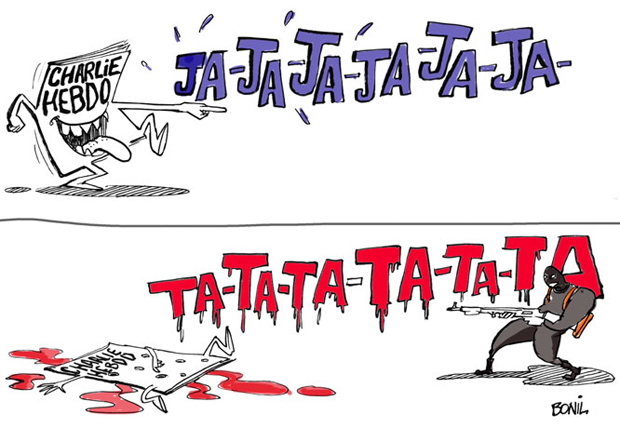

On 7 January 2015, two gunmen entered the offices of Charlie Hebdo and murdered 12 people, including most of the senior editorial staff. The attack was in reprisal for the satirical magazine’s publishing cartoons of the prophet Mohammed.

Index award-winning human rights activist Nabeel Rajab’s pre-trial detention was renewed for a further 15 days by Bahrain’s Public Prosecution on 5 January according to Nabeel’s lawyer.
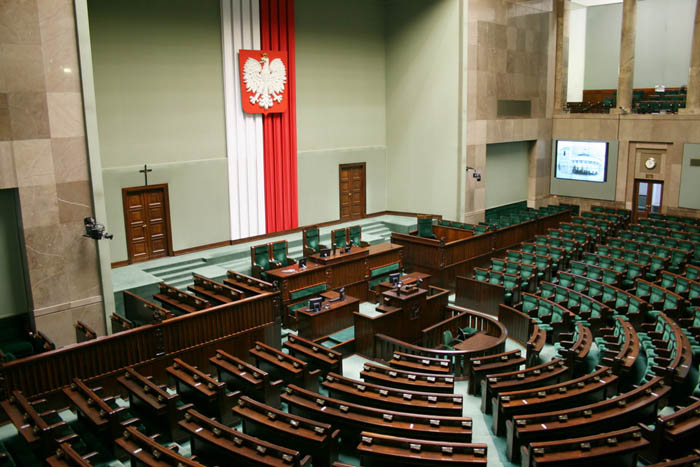
[vc_row][vc_column][vc_column_text] Poland’s ruling Law and Justice Party (PiS) has had a lot to celebrate in recent months. Just three days after the country’s 98th Independence Day, PiS celebrated one year in office on 14 November. The party,...
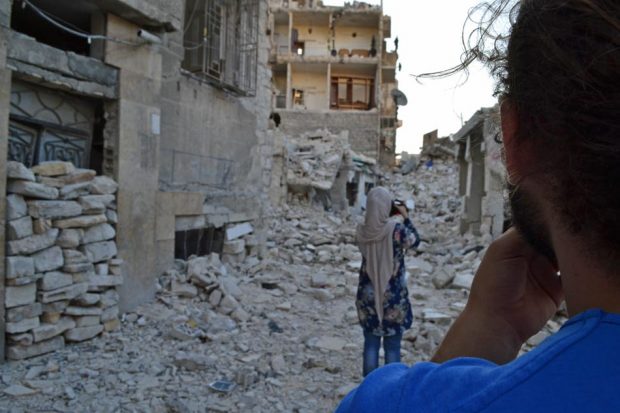
A Syrian citizen journalist on the realities of reporting in a country where a pseudonym and bulletproof vest offer little protection from constant danger
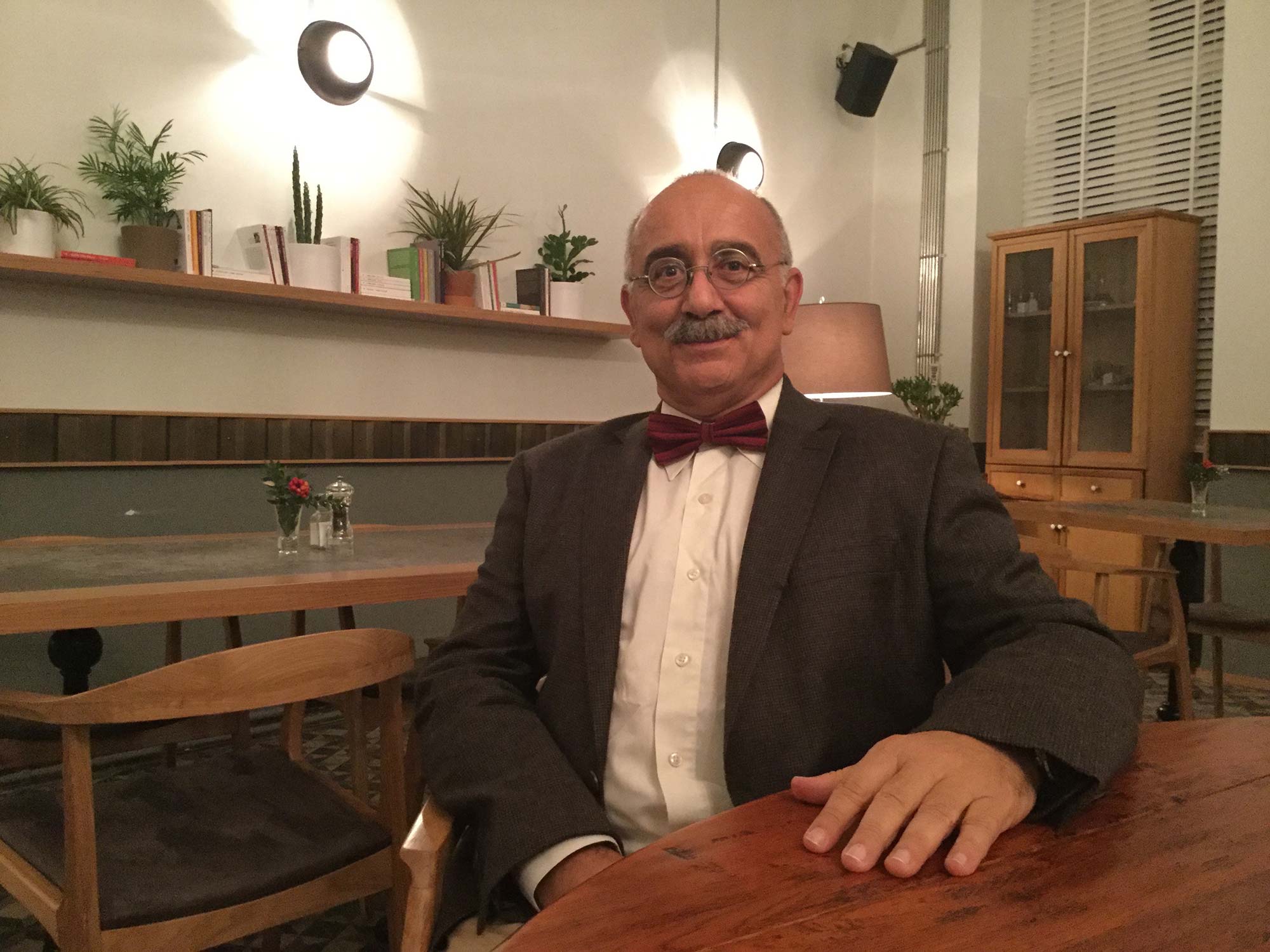
Linguist and newspaper columnist, Sevan Nişanyan has found himself being locked up for 16 years after being subjected to a torrent of lawsuits relating to a mathematics village he was building

Each week, Index on Censorship’s Mapping Media Freedom project verifies threats, violations and limitations faced by the media throughout the European Union and neighbouring countries. Here are five recent reports that give us cause for concern.
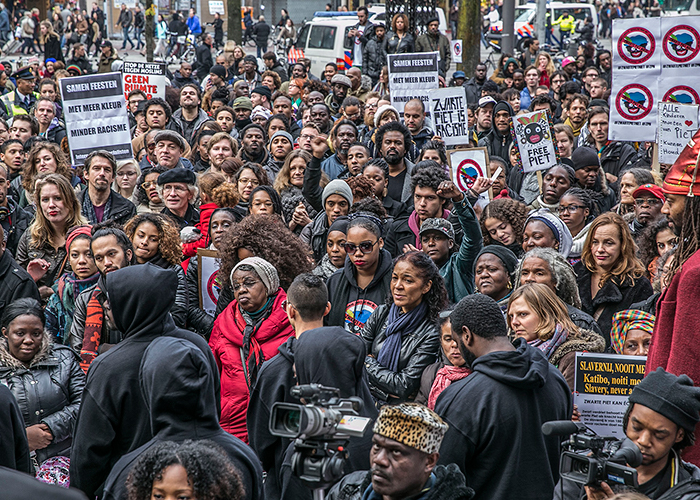
Journalists and columnists in The Netherlands are dealing with threats when writing about the controversial black-faced children’s character Black Pete.
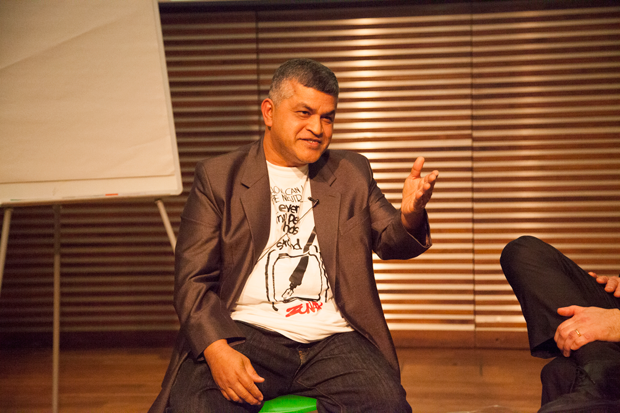
Malaysian cartoonist Zulkiflee Anwar Ulhaque, aka Zunar, was arrested on Saturday 17 December during a fund-raising event to recoup losses related to the seizure of 20 of his artworks.
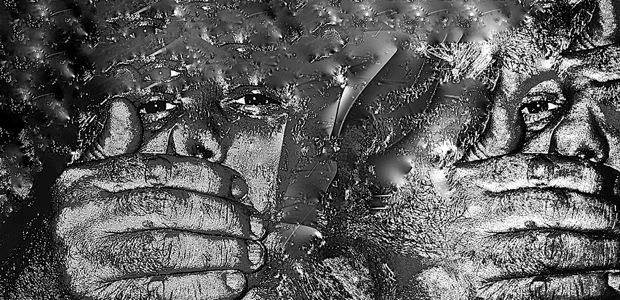
A poem by Meltem Arikan on the current state of Turkey: The piece of land surrounded by water on three sides is turning into a country where blood-sucking spirits conquer people’s bodies
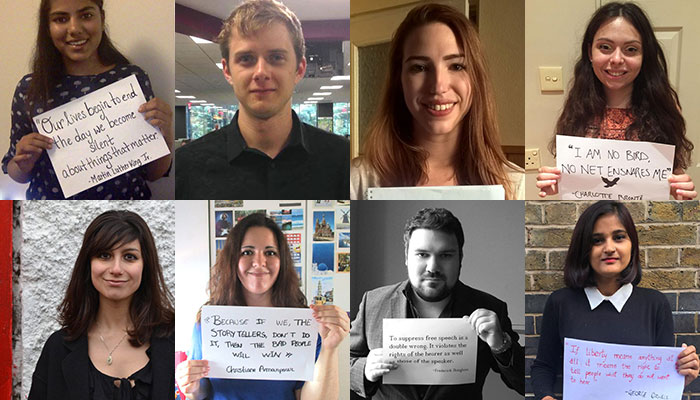
We are looking for enthusiastic young people between that ages of 16 and 25 who can commit to monthly meetings and contribute fresh ideas to the discussion